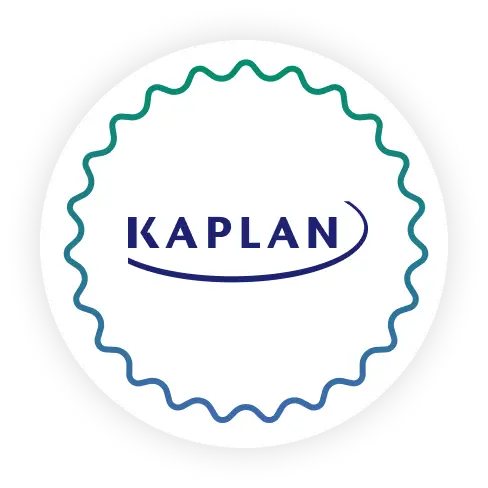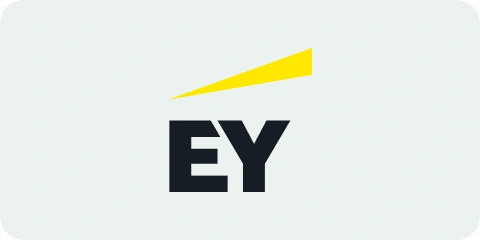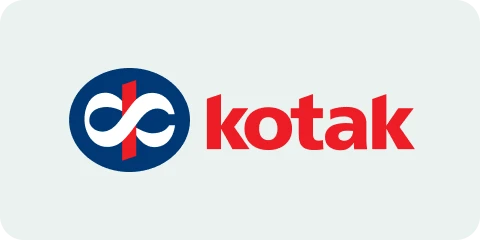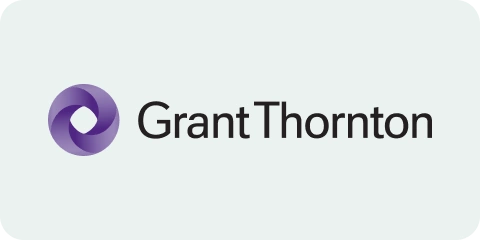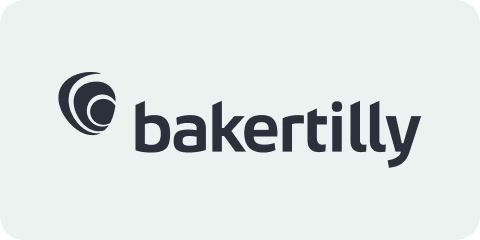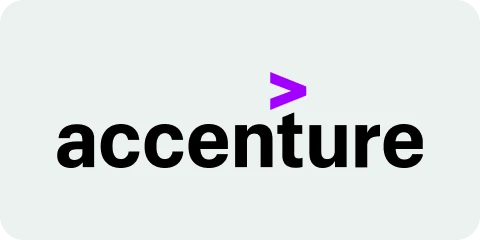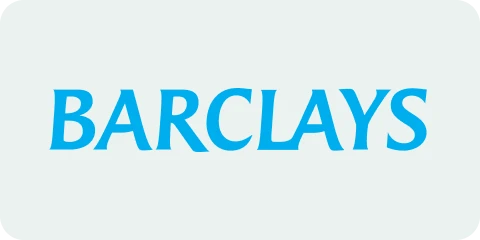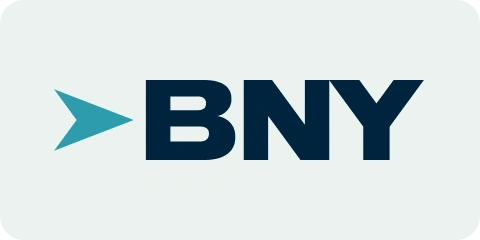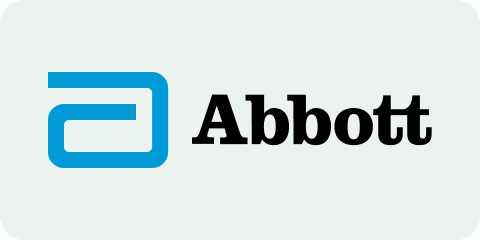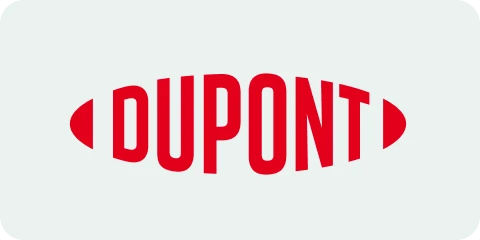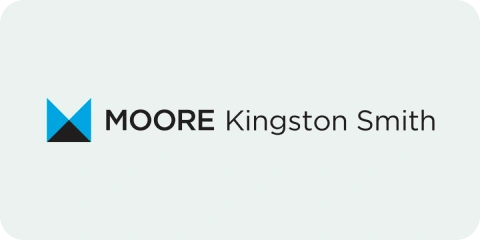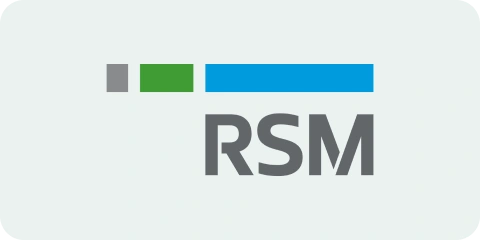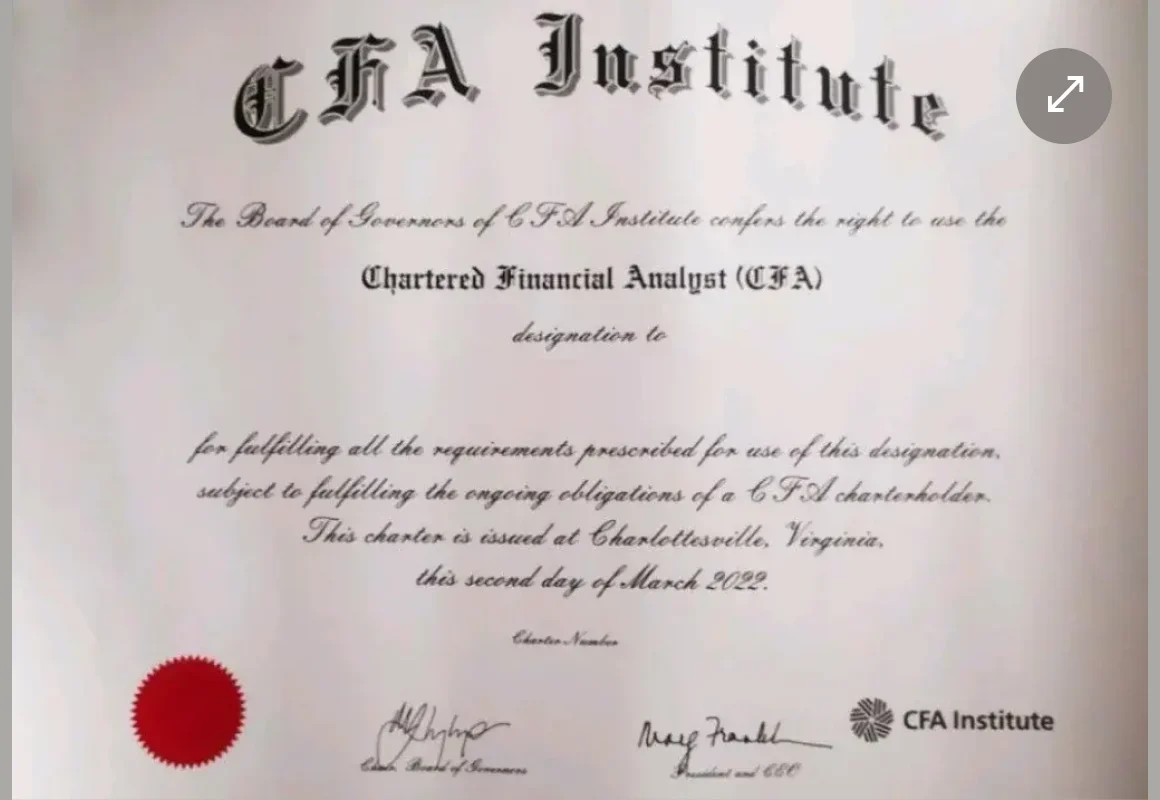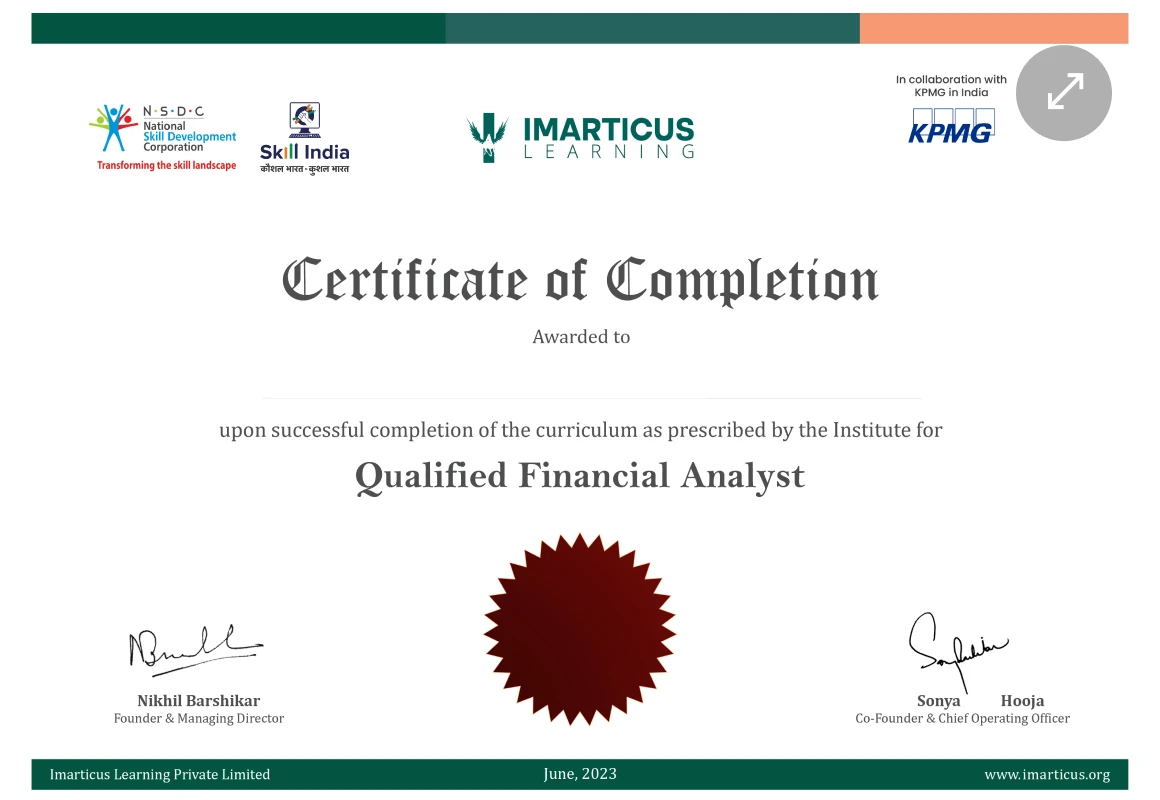

Chartered Financial Analyst®
The gold standard qualification for topmost careers in Finance & Investment management globally.
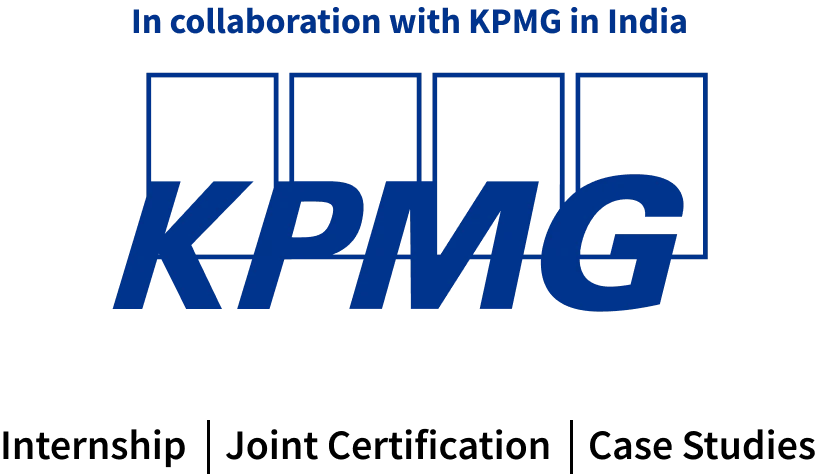


Mode of Learning
Offline and Online classes
Duration
6 months per level of CFA
Salary Range**
₹10 LPA - ₹45 LPA
Scope
2,00,000+ CFA Charterholders




Imarticus Learning and KPMG in India collaborate together to create industry-led programs with real-world case studies, curated resources, an internship, and a joint certification — bridging academics with practical expertise for career success.
Joint Certification:
Showcase your expertise with a joint certification upon completing the program, giving your resume a competitive edge.
Tailored Learning Materials:
Access exclusive resources specifically designed for CFA, US CMA, US CPA, FRM and ACCA aspirants.
Webinars and Live Sessions:
Monthly webinars on current trends and industry insights. One-hour live sessions conducted by KPMG in India practitioners (12 sessions annually).

Joint Certification:
Showcase your expertise with a joint certification upon completing the program, giving your resume a competitive edge.
Tailored Learning Materials:
Access exclusive resources specifically designed for CFA, US CMA, US CPA, FRM and ACCA aspirants.
Webinars and Live Sessions:
Monthly webinars on current trends and industry insights. One-hour live sessions conducted by KPMG in India practitioners (12 sessions annually).

Build Real-World Skills:
Solve 23 business case studies from top 5 global finance courses,aligned with your sessions and evaluated by KPMG in India practitioners.

Internship for top performer:
Stand out with a unique opportunity to intern at KPMG in India, gaining hands-on experience and exposure to global industry practices.
Eligibility:
Open to the top performer who excels in internal assessments and passes the certification exam.

Your journey to becoming a global financial expert starts here.
What makes Imarticus Learning your perfect learning partner for CFA
Get Started



Our alumni work at

Are you eligible for CFA?
Minimum eligibility: Candidates who are in their 1st year of Bachelor’s degree.



Industry-aligned CFA preparation program in collaboration with KPMG in India

CFA curriculum overview
The CFA curriculum covers both fundamental and advanced investment analysis and portfolio management skills across its three modules, aligning with current industry demands.
Before starting your CFA preparation journey, laying a strong foundation is important. The CFA Institute offers prerequisite readings encompassing quantitative methods, economics, and financial statement analysis. While this content won't be directly tested in the CFA exam, it is a prerequisite for grasping the core curriculum.
These prerequisites are the building blocks to your CFA exam success. Start strong and achieve remarkable results on your CFA preparation journey!
The core module has 10 subjects. The weightage and depth of coverage and curriculum differ depending on the exam level you are preparing for. Details of the curriculum for each are shown below.
In this section, the learner will develop financial analysis skills to calculate returns, assess risk, and make data-driven decisions for investment management.
Topics
Rates and Returns
Time Value of Money in Finance
Statistical Measures of Asset Returns
Probability Trees and Conditional Expectations
Portfolio Mathematics
Simulation Methods
Estimation and Inference
Hypothesis Testing
Parametric and Non-Parametric Tests of Independence
Simple Linear Regression
Introduction to Big Data Techniques
This section teaches analysis of fundamental concepts of supply and demand for individual consumers and firms. This also covers the various market structures that firms operate in as well as macroeconomic concepts and principles, including aggregate output and income measurement, aggregate demand and supply analysis, and analysis of economic growth factors. The section concludes with coverage of the business cycle and its effect on economic activity.
Topics
The Firm and Market Structures
Understanding Business Cycles
Fiscal Policy
Monetary Policy
Introduction to Geopolitics
International Trade
Capital Flows and the FX Market
Exchange Rate Calculations
In this topic, you learn the fundamentals of portfolio and risk management, including return and risk measurement and portfolio planning and construction. You learn to examine the needs of individual and institutional investors along with the range of available investment solutions. The capital asset pricing model is used to identify optimal risk in portfolios.
Topics
Portfolio Risk and Return: Part I
Portfolio Risk and Return: Part II
Portfolio Management: An Overview
Basics of Portfolio Planning and Construction
The Behavioural Biases of Individuals
Introduction to Risk Management
This topic provides an introduction to corporate governance as well as investing and financing decisions. This section presents an overview of corporate governance along with a framework for understanding and analyzing corporate governance and stakeholder management. This also highlights the growing impact of environmental and social considerations in investing. We cover how companies make use of leverage and manage their working capital to meet short-term operational needs.
Topics
Organizational Forms, Corporate Issuer Features, and Ownership
Investors and Other Stakeholders
Corporate Governance: Conflicts, Mechanisms, Risks, and Benefits
Working Capital and Liquidity
Capital Investments and Capital Allocation
Capital Structure
Business Models
This section provides a thorough explanation of financial reporting procedures and the standards that govern financial reporting disclosures, with an emphasis on basic financial statements and how alternative accounting methods affect those statements and the analysis of them. This section teaches to examine primary financial statements and provide a general framework for conducting financial statement analysis.
Topics
Introduction to Financial Statement Analysis
Analyzing Income Statements
Analyzing Balance Sheets
Analyzing Statements of Cash Flows I
Analyzing Statements of Cash Flows II
Analysis of Inventories
Analysis of Long-Term Assets
Topics in Long-Term Liabilities and Equity
Analysis of Income Taxes
Financial Reporting Quality
Financial Analysis Techniques
Introduction to Financial Statement Modeling
This section explores the characteristics of equity investments, security markets, and indexes and explains how to analyze industries, companies, and equity securities as well as the use of basic equity valuation models. Global equities are important for meeting longer-term growth and diversification objectives.
Topics
Market Organization and Structure
Security Market Indexes
Market Efficiency
Overview of Equity Securities
Company Analysis: Past and Present
Industry and Competitive Analysis
Company Analysis: Forecasting
Equity Valuation: Concepts and Basic Tools
This section explains how to describe fixed income securities and their markets, yield measures, risk factors, and valuation measurements and drivers. This also covers calculating yields, values of fixed income securities, the securitization of assets, the fundamentals of bond returns and risks, and basic principles of credit analysis.
Topics
Fixed-Income: Instruments Features
Fixed-Income Cash Flows and Types
Fixed-Income Issuance and Trading
Fixed-Income Markets for Corporate Issuers
Fixed-Income Markets for Government Issuers
Fixed-Income Bond Valuation: Prices and Yields
Yield and Yield Spread Measures for Fixed-Rate Bonds
Yield and Yield Spread Measures for Floating-Rate Instruments
The Term Structure of Interest Rates: Spot, Par, and Forward Curves
Interest Rate Risk and Return
Yield-Based Bond Duration Measures and Properties
Yield-Based Bond Convexity and Portfolio Properties
Curve-Based and Empirial Fixed-Income Risk Measures
Credit Risk
Credit Analysis for Government Issuers
Credit Analysis for Corporate Issuers
Fixed-Income Securitization
Asset-Backed Security (ABS) and Instrument and Market Features
Mortgage-Backed Security (MBS) Instrument and Market Features
This section teaches you to build the conceptual framework for understanding the basic derivatives and derivative markets. You then get introduced to essential features and valuation concepts for forward commitments such as forwards, futures, swaps, and contingent claims. Finally, you learn to examine arbitrage, a critical concept that links derivative pricing to the price of the underlying asset.
Topics
Derivative Instrument and Derivative Market Features
Forward Commitment and Contingent Claim Features and Instruments
Derivative Benefits, Risks, and Issuer and Investor Uses
Arbitrage, Replication, and the Cost of Carry in Pricing Derivatives
Pricing and Valuation of Forward Contracts and for an Underlying with Varying Maturities
Pricing and Valuation of Futures Contracts
Pricing and Valuation of Interest Rates and Other Swaps
Pricing and Valuation of Options
Option Replication Using Put–Call Parity
Valuing a Derivative Using a One-Period Binomial Model
This topic explores alternative investments, including hedge funds, private equity, real estate, commodities, and infrastructure. You cover the use of alternative investments for diversifications and higher returns. In this curriculum, you understand alternative investments and the characteristics they have in common.
Topics
Alternative Investment Features, Methods, and Structures
Alternative Investment Performance and Returns
Investments in Private Capital: Equity and Debt
Real Estate and Infrastructure
Natural Resources
Hedge Funds
Introduction to Digital Assets
The focus of this topic is ethics, related challenges to ethical behavior, and the role ethics and professionalism play in the investment industry. CFA institute provides a framework to support ethical decision-making.
Topics
Ethics and Trust in the Investment Profession
Code of Ethics and Standards of Professional Conduct
Guidance for Standards I–VII
Introduction to the Global Investment Performance Standards
Ethics Application
In this section, the learner will develop financial analysis skills to calculate returns, assess risk, and make data-driven decisions for investment management.
Topics
Rates and Returns
Time Value of Money in Finance
Statistical Measures of Asset Returns
Probability Trees and Conditional Expectations
Portfolio Mathematics
Simulation Methods
Estimation and Inference
Hypothesis Testing
Parametric and Non-Parametric Tests of Independence
Simple Linear Regression
Introduction to Big Data Techniques
This section teaches analysis of fundamental concepts of supply and demand for individual consumers and firms. This also covers the various market structures that firms operate in as well as macroeconomic concepts and principles, including aggregate output and income measurement, aggregate demand and supply analysis, and analysis of economic growth factors. The section concludes with coverage of the business cycle and its effect on economic activity.
Topics
The Firm and Market Structures
Understanding Business Cycles
Fiscal Policy
Monetary Policy
Introduction to Geopolitics
International Trade
Capital Flows and the FX Market
Exchange Rate Calculations
In this topic, you learn the fundamentals of portfolio and risk management, including return and risk measurement and portfolio planning and construction. You learn to examine the needs of individual and institutional investors along with the range of available investment solutions. The capital asset pricing model is used to identify optimal risk in portfolios.
Topics
Portfolio Risk and Return: Part I
Portfolio Risk and Return: Part II
Portfolio Management: An Overview
Basics of Portfolio Planning and Construction
The Behavioural Biases of Individuals
Introduction to Risk Management
This topic provides an introduction to corporate governance as well as investing and financing decisions. This section presents an overview of corporate governance along with a framework for understanding and analyzing corporate governance and stakeholder management. This also highlights the growing impact of environmental and social considerations in investing. We cover how companies make use of leverage and manage their working capital to meet short-term operational needs.
Topics
Organizational Forms, Corporate Issuer Features, and Ownership
Investors and Other Stakeholders
Corporate Governance: Conflicts, Mechanisms, Risks, and Benefits
Working Capital and Liquidity
Capital Investments and Capital Allocation
Capital Structure
Business Models
This section provides a thorough explanation of financial reporting procedures and the standards that govern financial reporting disclosures, with an emphasis on basic financial statements and how alternative accounting methods affect those statements and the analysis of them. This section teaches to examine primary financial statements and provide a general framework for conducting financial statement analysis.
Topics
Introduction to Financial Statement Analysis
Analyzing Income Statements
Analyzing Balance Sheets
Analyzing Statements of Cash Flows I
Analyzing Statements of Cash Flows II
Analysis of Inventories
Analysis of Long-Term Assets
Topics in Long-Term Liabilities and Equity
Analysis of Income Taxes
Financial Reporting Quality
Financial Analysis Techniques
Introduction to Financial Statement Modeling
This section explores the characteristics of equity investments, security markets, and indexes and explains how to analyze industries, companies, and equity securities as well as the use of basic equity valuation models. Global equities are important for meeting longer-term growth and diversification objectives.
Topics
Market Organization and Structure
Security Market Indexes
Market Efficiency
Overview of Equity Securities
Company Analysis: Past and Present
Industry and Competitive Analysis
Company Analysis: Forecasting
Equity Valuation: Concepts and Basic Tools
This section explains how to describe fixed income securities and their markets, yield measures, risk factors, and valuation measurements and drivers. This also covers calculating yields, values of fixed income securities, the securitization of assets, the fundamentals of bond returns and risks, and basic principles of credit analysis.
Topics
Fixed-Income: Instruments Features
Fixed-Income Cash Flows and Types
Fixed-Income Issuance and Trading
Fixed-Income Markets for Corporate Issuers
Fixed-Income Markets for Government Issuers
Fixed-Income Bond Valuation: Prices and Yields
Yield and Yield Spread Measures for Fixed-Rate Bonds
Yield and Yield Spread Measures for Floating-Rate Instruments
The Term Structure of Interest Rates: Spot, Par, and Forward Curves
Interest Rate Risk and Return
Yield-Based Bond Duration Measures and Properties
Yield-Based Bond Convexity and Portfolio Properties
Curve-Based and Empirial Fixed-Income Risk Measures
Credit Risk
Credit Analysis for Government Issuers
Credit Analysis for Corporate Issuers
Fixed-Income Securitization
Asset-Backed Security (ABS) and Instrument and Market Features
Mortgage-Backed Security (MBS) Instrument and Market Features
This section teaches you to build the conceptual framework for understanding the basic derivatives and derivative markets. You then get introduced to essential features and valuation concepts for forward commitments such as forwards, futures, swaps, and contingent claims. Finally, you learn to examine arbitrage, a critical concept that links derivative pricing to the price of the underlying asset.
Topics
Derivative Instrument and Derivative Market Features
Forward Commitment and Contingent Claim Features and Instruments
Derivative Benefits, Risks, and Issuer and Investor Uses
Arbitrage, Replication, and the Cost of Carry in Pricing Derivatives
Pricing and Valuation of Forward Contracts and for an Underlying with Varying Maturities
Pricing and Valuation of Futures Contracts
Pricing and Valuation of Interest Rates and Other Swaps
Pricing and Valuation of Options
Option Replication Using Put–Call Parity
Valuing a Derivative Using a One-Period Binomial Model
This topic explores alternative investments, including hedge funds, private equity, real estate, commodities, and infrastructure. You cover the use of alternative investments for diversifications and higher returns. In this curriculum, you understand alternative investments and the characteristics they have in common.
Topics
Alternative Investment Features, Methods, and Structures
Alternative Investment Performance and Returns
Investments in Private Capital: Equity and Debt
Real Estate and Infrastructure
Natural Resources
Hedge Funds
Introduction to Digital Assets
The focus of this topic is ethics, related challenges to ethical behavior, and the role ethics and professionalism play in the investment industry. CFA institute provides a framework to support ethical decision-making.
Topics
Ethics and Trust in the Investment Profession
Code of Ethics and Standards of Professional Conduct
Guidance for Standards I–VII
Introduction to the Global Investment Performance Standards
Ethics Application
A Practical Skills Module (PSM) uses a combination of videos, multiple-choice questions, guided practice, and case studies to develop your practical skills. To receive your exam result, you must complete at least one PSM at each level. Each PSM takes 10-15 hours to complete.
For CFA Level 1
For CFA Level 2
For CFA Level 3
Download Curriculum



Become a CFA-certified professional and excel in top finance roles globally
Enrol Now
Your CFA roadmap

1
Expert-Led Learning
Learn from CFA-certified instructors through live structured classes.
2
Enrol for cfa
Register for the CFA program to begin your journey.
3
kaplan study material
Utilise trusted study materials from Kaplan Schweser.
4
practice and support
Get hands-on practice with personalised doubt-solving sessions.5
kaplan mocks
Simulate real exam conditions with Kaplan mock tests.6
pass cfa exams
Successfully pass the CFA exams on your first attempt.7
Placement Bootcamp
Receive personalised career guidance and job placement assistance.8
cfa chartholder
Achieve your CFA designation and advance your career.Start Your Journey Now



Learn from industry-leading CFA practitioners and financial stalwarts
Enquire Now
CFA: The gold standard in global finance
The Chartered Financial Analyst (CFA) credential is the gold standard in investment management and financial analysis. Recognised worldwide & being the most respected and credible qualification in Finance, it demonstrates deep expertise in portfolio management, risk assessment, and financial strategy. Earning the CFA charter positions professionals for leadership roles in global finance.



Establish your authority as a finance professional with the CFA charter
Earning the CFA designation empowers individuals with cutting-edge expertise in finance, making them indispensable assets across multiple financial industries in India.
CFA exam structure
Key months of CFA exam calendar:
February
- Early Registration by previous year July
- Standard Registration by previous November
May
- Early Registration by previous year October
- Standard Registration by February
August
- Early Registration by January
- Standard Registration by May
November
- Early Registration by April
- Standard Registration by August
Subject weightage in CFA L1
Ethical and Professional Standards
Weightage : 15-20%
Quantitative Methods
Weightage : 6-9%
Economics
Weightage : 6-9%
Financial Statement Analysis
Weightage : 11-14%
Corporate Issuers
Weightage : 6-9%
Portfolio Management
Weightage : 8-12%
Equity Investments
Weightage : 11-14%
Fixed Income
Weightage : 11-14%
Derivatives
Weightage : 5-8%
Alternative Investments
Weightage : 7-10%
CFA exam centres in India
Ahmedabad
Bangalore
Bhopal
Bhubaneshwar
Chandigarh
Chennai
Coimbatore
Dehradun
Guwahati
Gurgaon
Hyderabad
Indore
Jaipur
Jodhpur
Kochi
Kolkata
Lucknow
Manipal
Mumbai
Nagpur
Nashik
New Delhi
Noida
Pune
Raipur
Rajkot
Ranchi
Surat Vizag
Visakhapatnam
Exam Delivery partners

&

CFA exam structure
CFA Level 1 - Exam Session 1
OPTIONAL BREAK
30 MINS
CFA Level 1 - Exam Session 2
Enrol Now
Key skills that you will gain upon achieving CFA



Study CFA with Imarticus in collaboration with KPMG in India
Pick the CFA Exam Level & mode of study that suits you
₹75,000
Each for CFA level 1, 2 and 3(All inclusive)
₹10,000
(Remaining fee in easy EMIs or part payments)
In person Sesssions
Learning at Imarticus Centre
Group Mentoring Sessions
Comprehensive Study Materials
Access to Class Notes
Access to Kaplan Schweser
Online Access to Case Studies
Practice Sessions
CFA Level Mock Exams
Exam Guide & Mind Maps
Exam Passing Guarantee
₹60,000
Each for CFA level 1, 2 and 3(All inclusive)
₹10,000
(Remaining fee in easy EMIs or part payments)
Live Streaming Sessions
Online CFA Classes
One to One Mentoring Sessions
Comprehensive Study Materials
All Class Recordings & Notes
Access to Kaplan Schweser
Case Studies by KPMG in India
Practice Sessions
CFA Level Mock Exams
Exam Guide & Mind Maps
Exam Passing Guarantee
Pay Now
FAQs
Chartered Financial Analyst designation is a charter provided by The Chartered Financial Institute, USA. This qualification is considered highly valuable in the finance domain.
The CFA is a global program and one of the most respected qualifications across the world. The larger markets such as the USA, India, China, Europe, Middle East have the highest demands for CFA professionals. India is a part of the 160+ CFA societies in the world. You can find more information about the CFA society in India here.
Imarticus Learning Pvt Ltd. is a CFA Institute Prep Provider, offering structured learning programs aligned with the CFA curriculum. Our courses provide expert-led instruction, practical applications, and rigorous practice to help candidates build a strong foundation for the CFA exam.
Disclaimer: Imarticus Learning Pvt Ltd. is a CFA Institute Prep Provider. Only CFA Institute Prep Providers are permitted to make use of CFA Institute copyrighted materials which are the building blocks of the exam. We are also required to create / use updated materials every year and this is validated by CFA Institute. Our products and services substantially cover the relevant curriculum and exam and this is validated by CFA Institute. In our advertising, any statement about the numbers of questions in our products and services relates to unique, original, proprietary questions. CFA Institute Prep Providers are forbidden from including CFA Institute official mock exam questions or any questions other than the end of reading questions within their products and services.
CFA Institute does not endorse, promote, review or warrant the accuracy or quality of the product and services offered by Imarticus Learning Pvt Ltd.. CFA Institute®, CFA® and Chartered Financial Analyst® are trademarks owned by CFA Institute.
The KPMG name and logo are trademarks of KPMG International Cooperative and are used under license by its independent member firms. Their inclusion in this programme is compliant with KPMG’s global trademark policies.
KPMG in India is not involved in the placement assistance or internship offered through this program and does not guarantee employment, career advancement, or future earnings. Its role is limited to providing CFA preparation and training for a specified number of hours, without endorsing or committing to any salary expectations. However the top performing participant will gain access to a KPMG in India internship opportunity while the next four highest achievers will be invited to engage in webinars and virtual events exploring global accounting practices as part of the CFA program. This is in addition to the original case studies as part of the overall program experience.
Only the top performer in the CFA program will be eligible for an internship at KPMG in India. The internship will be offered to select learner/s based on specific eligibility criteria.
The final selection is at the mutual discretion of Imarticus Learning and KPMG in India. Neither Imarticus Learning nor KPMG in India takes any responsibility for your placement in a full-time role or for the conversion of the internship into a Pre-Placement Offer (PPO) upon completion of the program.
Yes, KPMG in India will create and share a total of 23 original case studies aligned with various professional programs. These case studies are designed to offer real-world insights and practical application across different domains. The breakdown is as follows:
ACCA Skill: 5 case studies
ACCA Professional: 3 case studies
CMA (US GAAP): 7 case studies
CPA (US GAAP): 4 case studies
CFA (USA): 2 case studies
FRM (USA): 2 case studies




